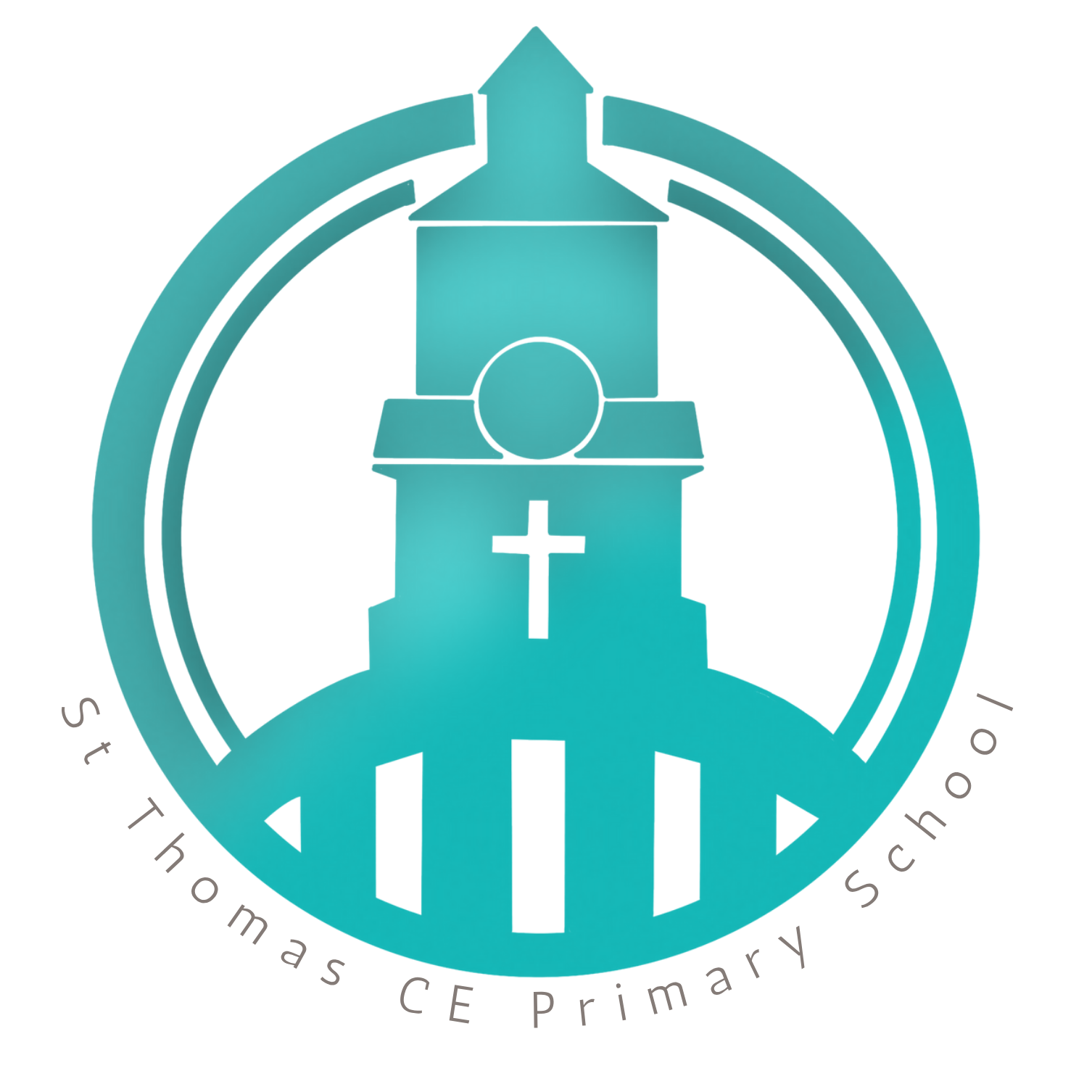English Writing
Intent

At St Thomas, we aim to give our children a writing curriculum, which enables them to become confident, creative and independent writers who are able to articulate their own ideas. We support our children to develop transferable knowledge which they can use across the wider curriculum and throughout their lives and in the next stage of their education. Our objective is to develop a curiosity for both reading and writing, examining modern and classical texts as a source for discussion, analysis and writing development.
Implementation
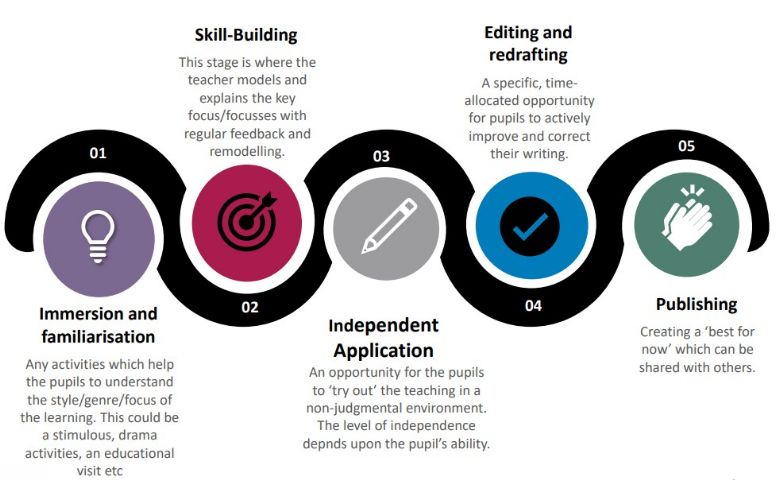
Reading and writing are so closely linked that we use a variety of high-quality literature to feed reading into writing, where children can learn and build their knowledge from high-quality models. We challenge children to respond to questioning using full sentences and the language appropriate to the subject material, impacting their long-term learning. Within the classrooms, vocabulary displays show key language through each phase group and are referred to as a teaching tool within the lessons.
The core texts have been put together using research from the National Literacy Trust, Little Sutton English Hub and various English specialists that we have worked alongside over the last few years. These texts have not only been carefully matched to our wider curriculum, but selected for their rich language and engaging stories.
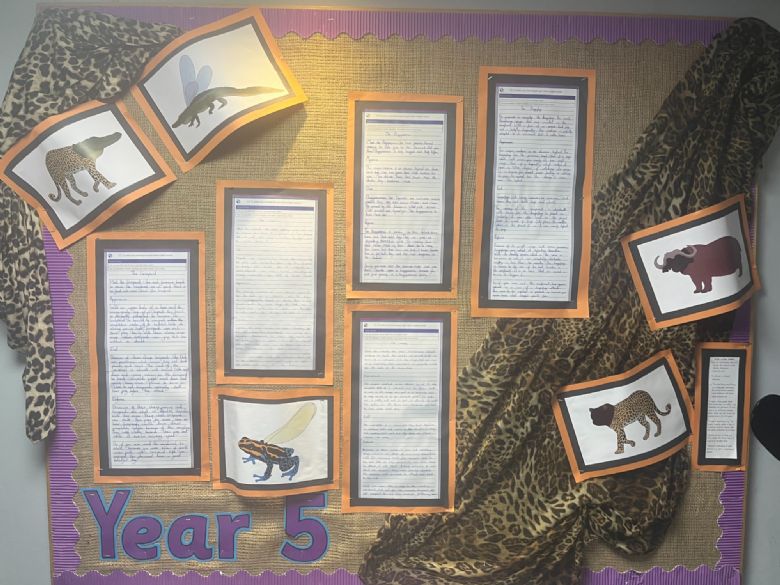
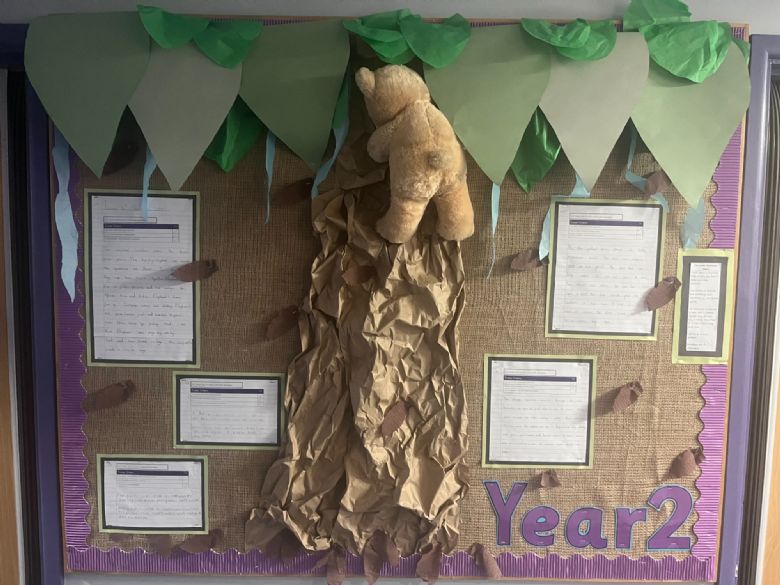
We use talk for writing strategies (Pie Corbett) such as story maps, tool kits, magpie books, role-play and boxing up, to deepen our children's understanding of language and how to structure their writing for the correct audience and purpose.
The teaching of spelling and grammatical terms is taught daily and revisited throughout the year to ensure they are purposeful to the unit of work they are working on.
As part of our cross curricular links, we assess our children's writing through extended writing, which links to their English text and a wider curriculum subject. This provides our children with opportunities to embed and recall subject knowledge and key language. Each English unit follows a toolkit, which the children build upon both daily and as they progress through school.
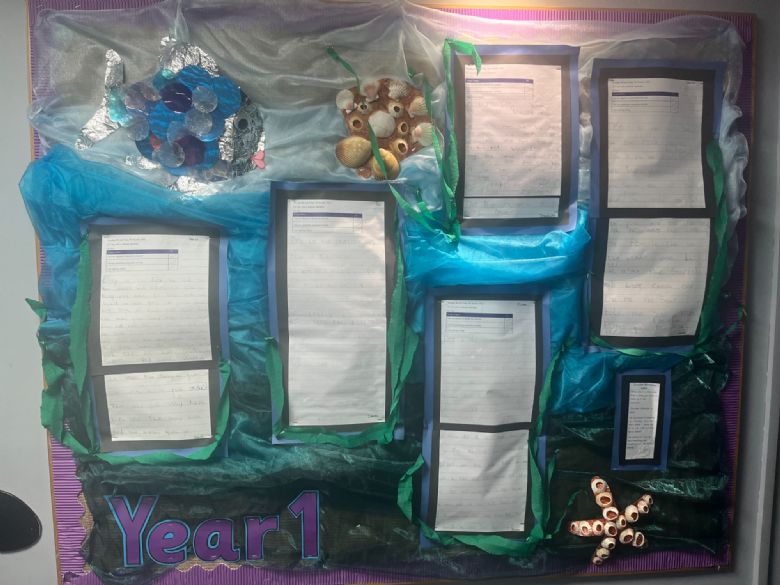
Fiction is taught every half-term, alongside a non-fiction unit, to ensure children are provided with a breadth of different styles and features of texts.
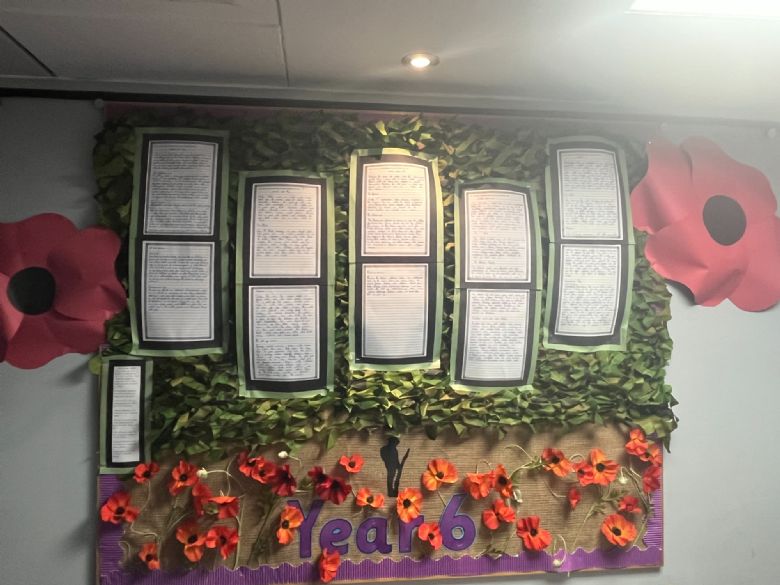
The fiction texts are divided into six narrative type genres:
- Setting descriptions
- Character descriptions
- Dialogue to advance the action
- Suspense and mystery
- Openings and endings
- Journey stories
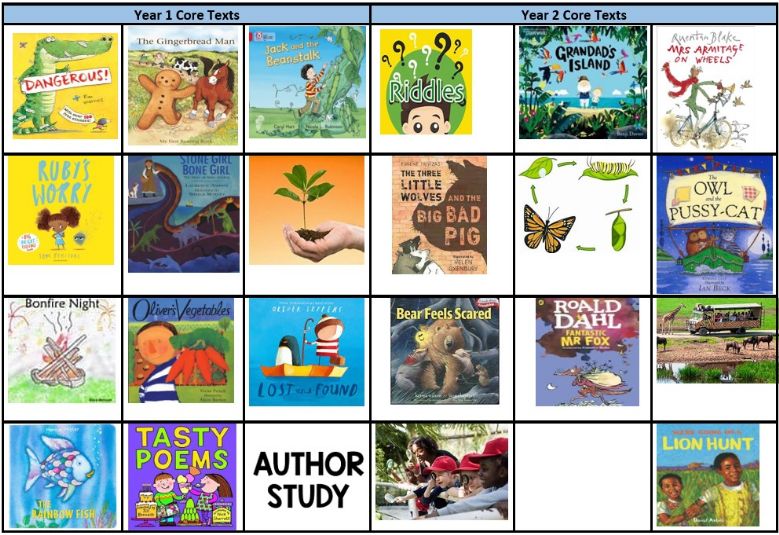

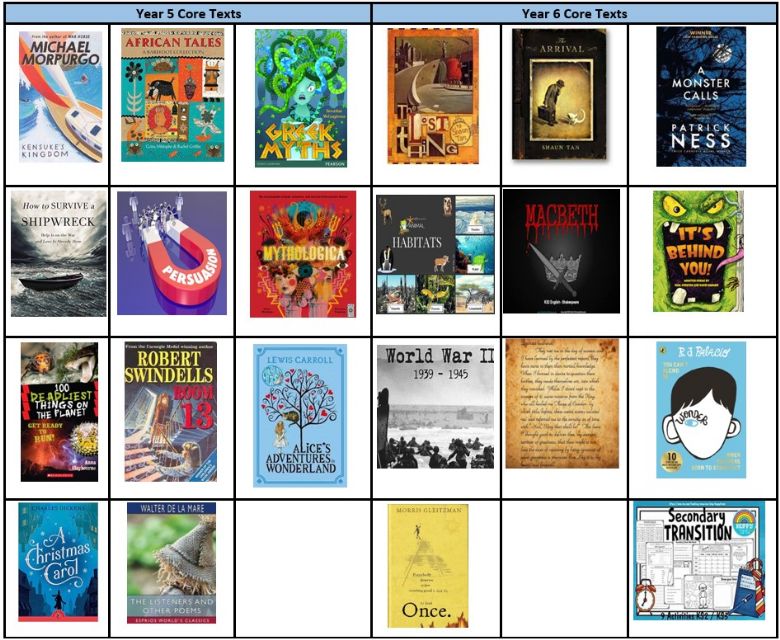
Impact
At St Thomas, we use a drafting process that progresses as children work their way through their school life. Starting in early years, where children will work with their teachers and peers to improve their writing, then onto a drafting book in KS1. The drafting process allows children to correct, add to and improve their first draft of their writing. As children progress through the key stages, they will become more independent in selecting ways they can improve their writing, analysing purpose, audience, grammar, and spelling from their first draft. The final draft, allows children to really immerse themselves into the world of a writer, creating a final version of their work, which has been evaluated and proofread by the children and acts as a final exit point, for assessment within that text type. Children take pride in their drafting process, giving them the experience of what real published authors go through, to perfect their skill as a writer.

